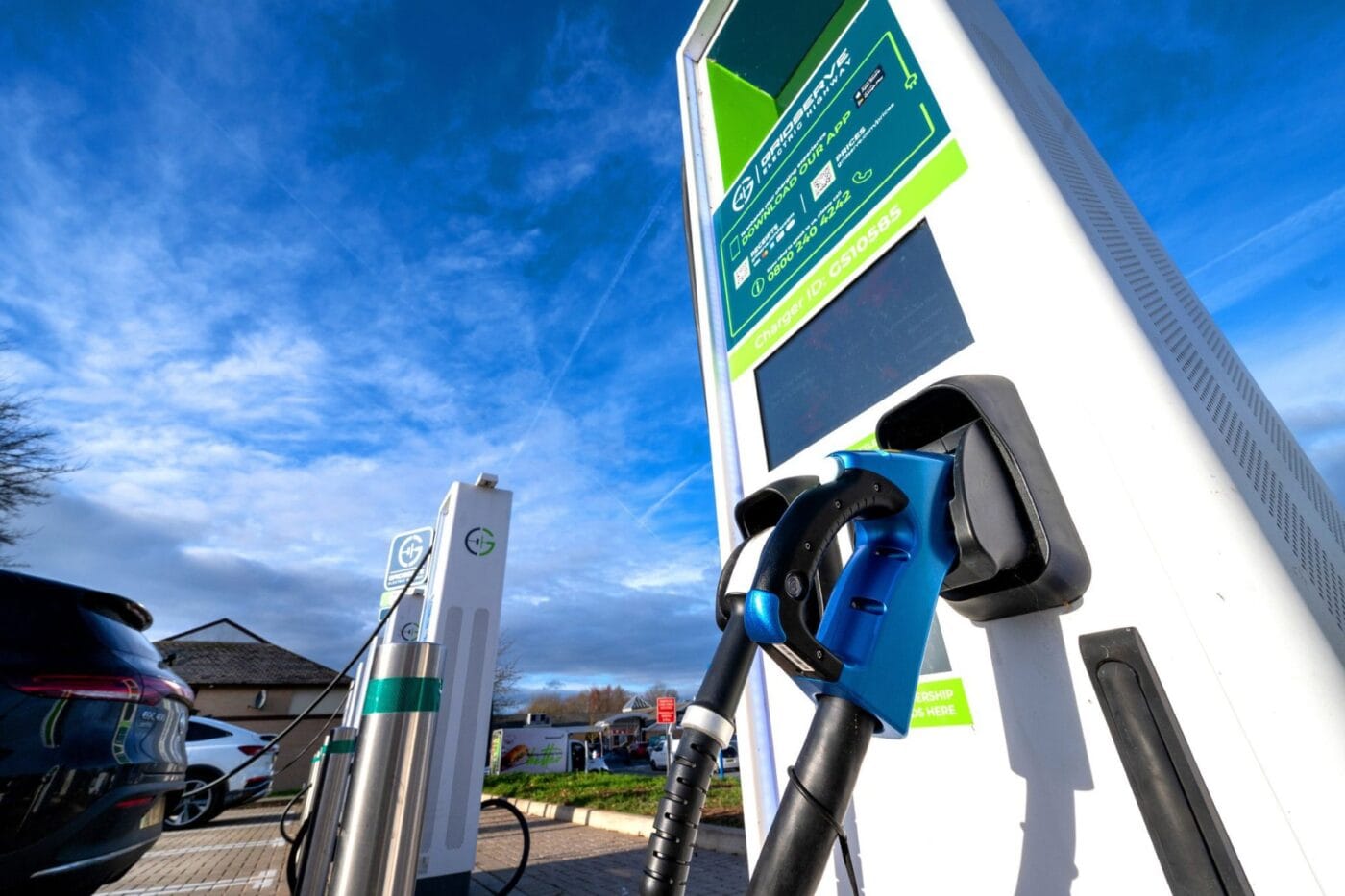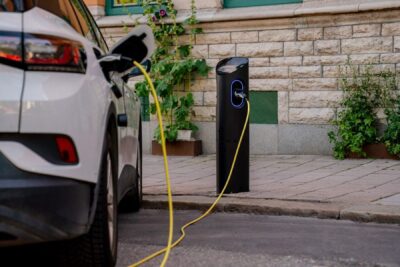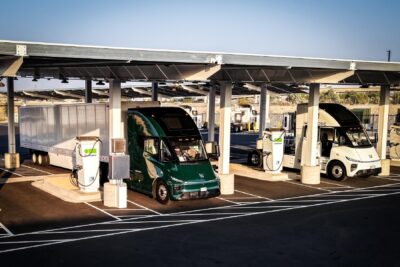UK charging industry faces £100m tax increase
Business rates are essentially taxes paid by most commercial properties in order to fund local services. Shops, petrol stations, and even car parks pay these rates, but up until now, EV charging bays have been exempt – meaning they’ve been treated separately from other commercial public facilities.
However, all this could be about to change. The Valuation Office Agency (VOA), which values properties for both Council Tax and non-domestic tax rates in the UK, has reportedly warned the EV charging industry that business rates will be introduced for charging bays as soon as next April. This means that, for the first time, charge point operators could have to pay the taxes.
ChargeUK, which lobbies for the UK EV charging sector, has now said that this change could lead to substantial bills for both charge point operators and consumers. According to the lobbying group, up to 64,000 charging bays could face charges after previously being tax exempt, leading to an overall bill of around £100 million. If this cost is passed onto the consumer, they warn, this could add up to £300 to their annual charging bills.
This £100m estimate is substantially more than the VOA’s own estimate of a £25 million cost to the sector; however, ChargeUK argues that the VOA has underestimated how many charging bays would be eligible for the new rates. It adds that the rates could be backdated to April 1st, 2023, leading to substantially higher charges. It comes down to a loophole in a 2022 change by the Conservative government, which exempted charging hardware from business rates but not individual charging bays.
ChargeUK CEO Vicky Read has said the business rates could “be the straw that breaks the camel’s back” for the EV charging sector. She told The Guardian: “We need government intervention to remove this unexpected burden, alongside action to address sky high standing charges [on electricity] and inequitable VAT.” The lobbying group added that the tax changes could hinder the adoption of EVs in the UK.
While the Treasury is yet to comment, a spokesperson for the VOA said: “We have a statutory duty to maintain non-domestic rating lists. If any property meets criteria in line with legislation and rating law, we must assess it and assign it a rateable value.”





1 Comment